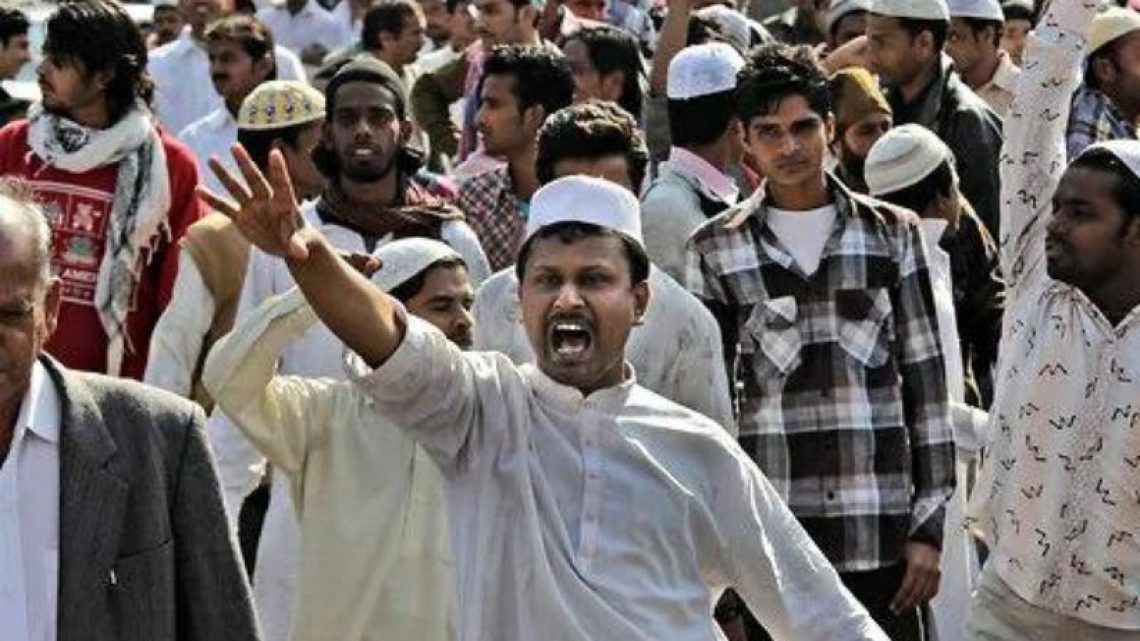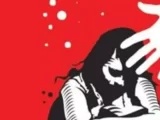
Narendra Modi’s Remarks on Muslim Participation in Politics Condemned
May 9, 2024Indian Prime Minister Narendra Modi has faced intense backlash from political leaders, activists, and journalists following his recent statements urging Muslims to refrain from influencing the outcomes of political elections. Modi’s remarks, delivered during a media interview and reiterated on social media, have been widely condemned for their divisive nature and alleged discrimination against the Muslim community.
During the interview, Modi urged Muslims to engage in self-introspection, cautioning them against playing a role in determining the success or failure of political parties. He emphasized that such involvement could jeopardize the future of their children. This plea comes in the wake of previous comments by Modi where he referred to Muslims as “infiltrators” and made Islamophobic remarks such as “vote jihad” and “Jihadi voters” during an election rally in Rajasthan.
The repercussions of Modi’s statements have been swift. Usman Ghani, a Muslim leader associated with the BJP in Rajasthan’s Bikaner, faced expulsion and arrest after criticizing Modi’s controversial speech. Furthermore, several voices within India’s political landscape have rebuked Modi for his anti-Muslim rhetoric.
Imran Pratapgarhi, Rajya Sabha MP and chairman of the Congress minority cell challenged Modi to introspect on his treatment of Muslims during his tenure in power. He highlighted the disparity in Modi’s treatment of Muslim leaders abroad compared to those within India, accusing him of fostering hatred against Muslims for political gain.
Journalists have also condemned Modi’s remarks, citing concerns over their impact on democracy and social cohesion. Shoaib Daniyal noted the irony of Modi’s warning against Muslim political engagement coinciding with reports of voter suppression targeting Muslims in Uttar Pradesh. He stressed that the right to participate in elections is fundamental and should not be denied to any group.
Suhasini Haider criticized Modi’s divisive rhetoric, questioning the value of winning elections at the expense of unity and inclusivity. She echoed concerns about the erosion of democratic principles in India’s political discourse.
Modi’s statements have reignited discussions about religious tolerance and minority rights in India. Many view his remarks as exacerbating existing tensions and fueling communal divisions. As criticisms continue to mount, the Indian government faces growing pressure to address concerns over religious discrimination and uphold the principles of democracy and equality for all citizens.

